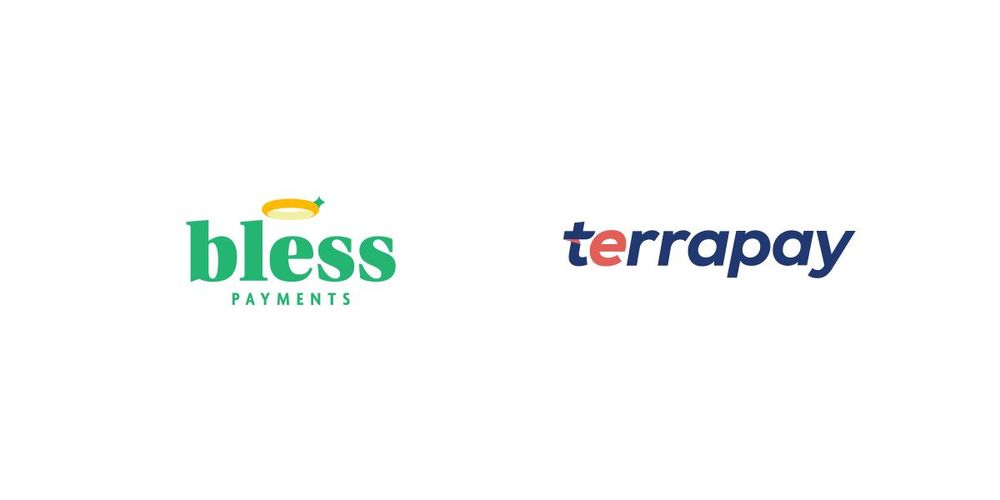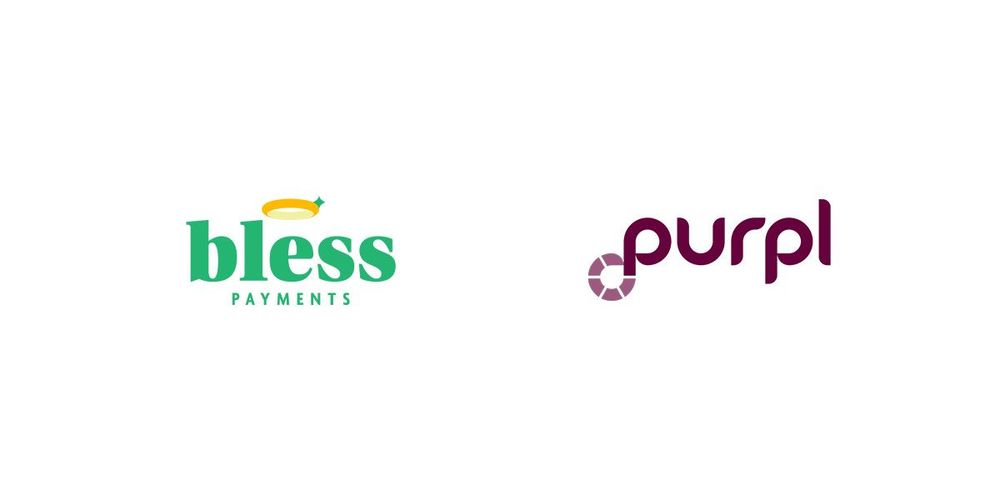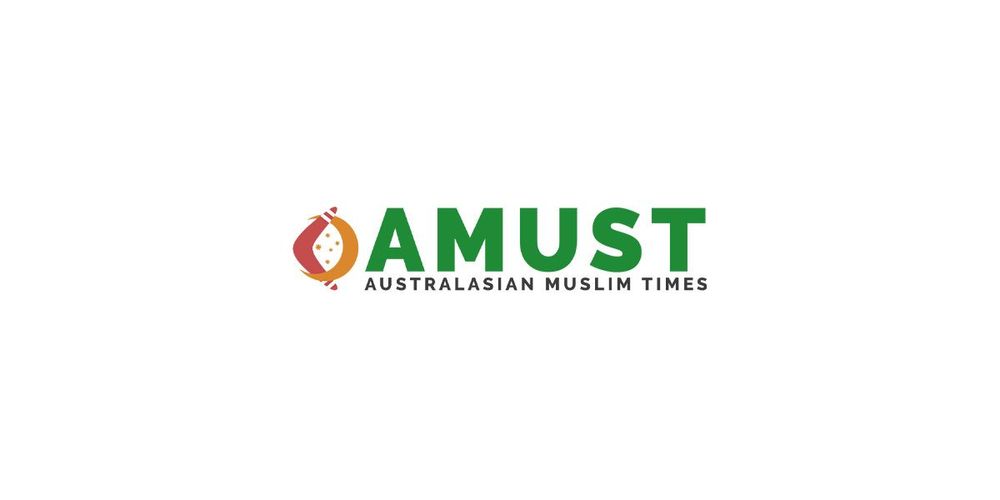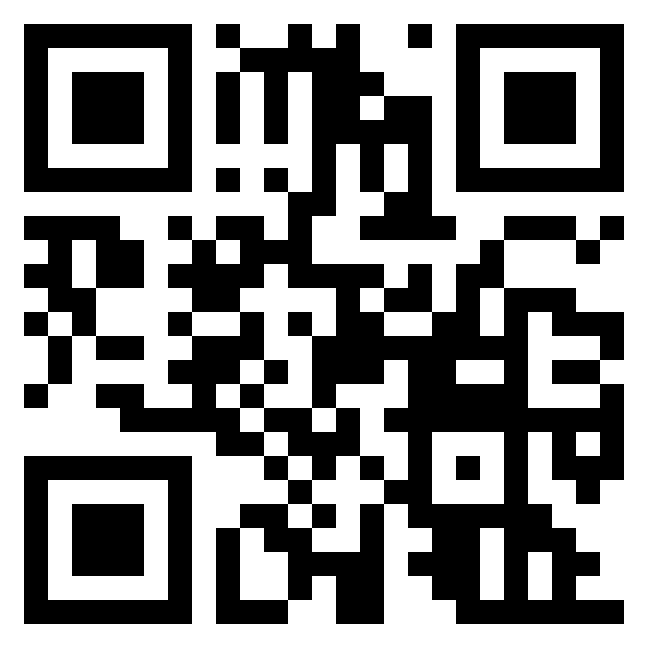 •
•30 Nov 2023
•9 min read
Want to Fight Migrant Financial Discrimination? Let’s start with the Basel Index
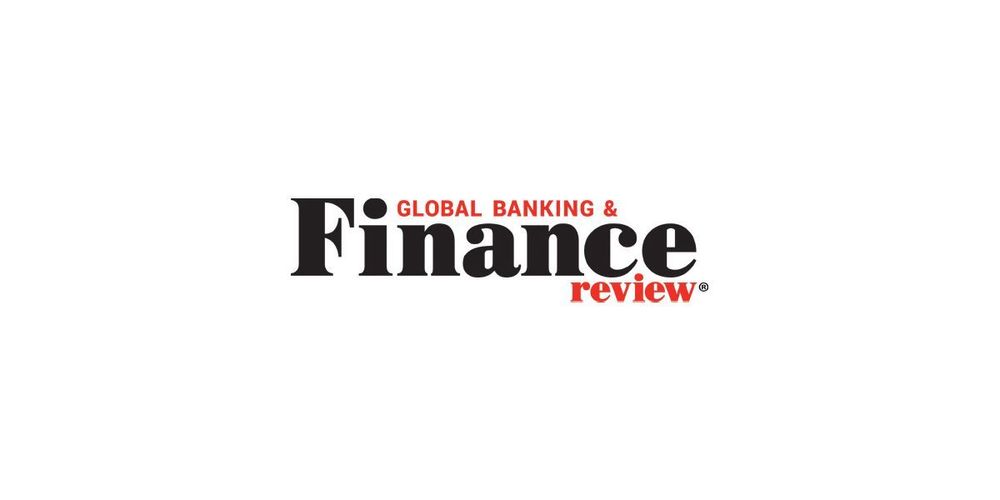
This article was originally published by Global Banking & Finance Review® on 1 December 2023. Click here to read the original article.
While we have yet to see any hard data, we are fairly certain most of the world’s immigrants will never have a need to send money to Basel, Switzerland itself. With a population just shy of 178,000, there’s only so many people in the city, and as the canton it’s based in just so happens to be blessed with the highest GDP per capita in the country, its residents most likely don’t need the money anyway. However, anyone hoping to transfer money anywhere in the world must contend with the scrutiny levied upon its intended beneficiaries by this city’s financial mandarins, whether they know it or not.
For most, “Basel” is short for the Basel Accords, aka Basel I-III, which set crucial structural templates for the world’s banks. Even more consequential — and menacing — for immigrants is an obscure yet highly influential ranking system called the Basel AML Index, which has just recently released its 12th Public Edition. Unbeknownst to many who use remittances to support their loved ones, a simple color coding of one’s country from the Index will determine whether or not and when your money gets there, and if so, how much of it is eaten up by an usurious “risk premium” that unwittingly punishes your loved ones for the crime of living in an impoverished nation.
First, let’s examine the good intentions — namely the methodology of the Index itself, which the Basel Institute on Governance, the Swiss-based nonprofit which created the index, has painstakingly crafted in profoundly good faith. The ranking, which positions countries between one (low-risk) to ten (high-risk) for susceptibility to money laundering and terrorist financing, is a composite of measurements upon 18 indicators. Amongst the most significant of these indicators is the Tax Justice Network’s Financial Secrecy Index, which assigns great weight in the guardianship, or lack thereof, performed by a nation’s licensed banks on the funds it accepts and the company it keeps (although as we’ll see later, the Index tends to go on a diet when it comes to certain countries).
Using these and data from Transparency International, the World Bank, Freedom House and others, the AML Index creates a heat map of the world which takes into account press freedoms, strength of auditing and reporting standards and other self-policing mechanisms. If you’re a green country like, say Finland (2.88) or New Zealand (3.32), your country is basically safe from corruption, while others like Haiti (8.16) or Myanmar (7.78) are blood-red. Scores of countries, however, are grey in the Public Index, as they lack proper data for a full assessment. (And this is over a decade after the IMF adopted a “risk-based approach” which was intended to make it easier for resource-strapped nations to collect the data that mattered.)
Post-9/11, metrics such as the Basel Index loom large over those who work in the world of money transfers, a complex infrastructure of payment gateways, forex conversions and international law. Any person who works within this structure recognizes that if the money you say is going to your aunt ends up in the bank account of a drug cartel, he or she may go to jail for any number of AML / CTF (Anti-Money Laundering and Counter-Terrorism Financing) breaches.
This is where “risk appetite” comes into play. At any point in this chain, a fearful intermediary can decline or pause a transaction they deem as suspicious, or levy heavy fees upon them. Fees for Iraq, for instance, are 50% of what you send to that country. Moreover, a significant player, such as a nationally licensed bank, may decide to opt out of collective transactions with your country altogether, as UK financial giant Barclay’s attempted to do when it announced it was shutting down the account of the money transfer organization Dahabshiil Transfer Services Ltd in 2013. Had an injunction not stayed Barclay’s hand, an estimated 40% of Somalia’s citizens would have been cut off of ALL their income, a situation so dire that Olympic Gold medalist Mo Farah felt compelled to speak out against it.
According to Basel’s logic, the outsized authority Barclay’s possesses in the financial ecosystem naturally extends from the superior risk management policies prevalent in its home country. But to return to the Financial Secrecy Act’s role in the AML index, we have seen in the past decade alone the banks of green countries fail in their guardianship, most notably with the 2012 HSBC scandal, but also in Australia with scandals such as the fee-for-no-service scams and the 12 Westpac accounts linked to pedophile rings in the Philippines. Yet year after year, the status of a Global Northern country like Australia does not significantly change, despite banking due diligence’s apparently high weighting in the Index and the Big Four’s missteps. Such inconsistencies become particularly galling when these same banks pull away from remittances to developing countries because, wait for it, these countries are seen as too risky and corrupt to merit the business.
All told, the AML Index views the world not so much through a spectrum but a polarization: green countries, made up almost exclusively of western countries (USA, Canada, UK and western Europe), that are seen as trustworthy, and yellow and red countries which are conversely treated with suspicion. In this system, only 1.05 billion people can exchange money cheaply and quickly, while the rest of the global majority makes do in a financial order that is constantly judging them, surveilling them and explaining to them why they fall short. To be fair, the Basel Institute on Governance has field operations in Latin America, Africa, Eastern Europe and Southeast Asia, but its provenance will forever remain in the Global North. In order to rectify this situation, a leveling of the overwhelmingly lopsided playing field for money transfers is long overdue.
It is certainly a scary time for those who maintain programs like the Basel Index. Around the world, the political order they strive to uphold is under attack, and the outcomes of these conflicts are far from certain. Such is why the world needs a system that better serves immigrants and the countries they come from. Immigrants have their feet in both worlds, and through their hard work and equitable sharing of the global north’s wealth, can prove through their efforts that the financial system works for more than just a privileged few. We understand the need to take the threat of terrorism and money laundering seriously — it defies easy solutions, and we certainly do not wish to pretend that we are in possession of them. But designating entire populations as second-class citizens of the financial pecking order is a cruel and unnecessary byproduct of the current system; rather, properly prioritizing marginalized voices might lead us closer to the more equitable global society we seek. To paraphrase the American playwright Lin-Manuel Miranda’s oft-quoted line in “Hamilton,” such immigrants can get the job done, if you let them.
634 views
Recent Posts
See All
